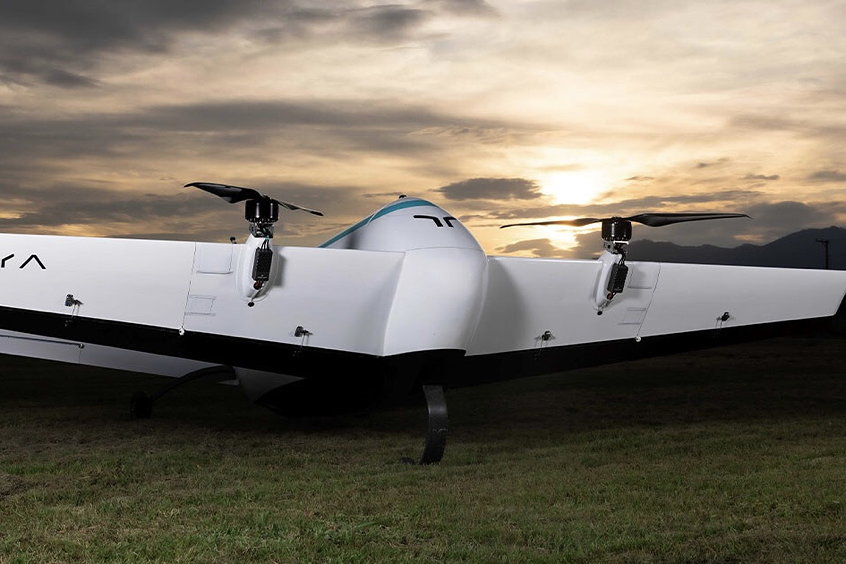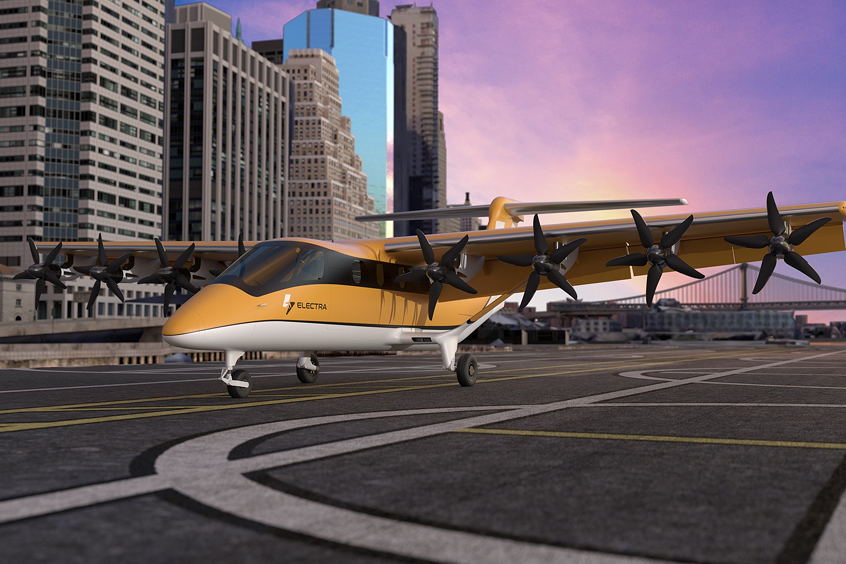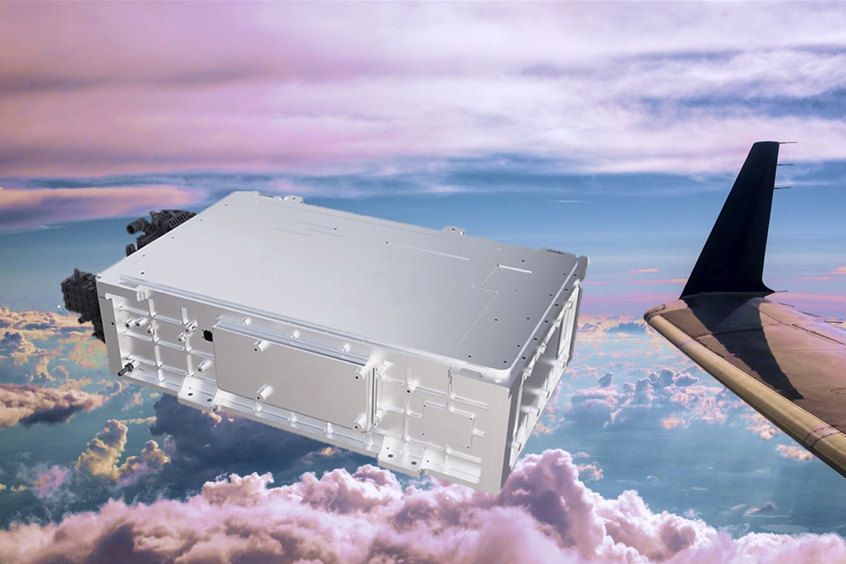National Institute for Aviation Research (NIAR) has purchased a Velo3D Sapphire 1MZ printer to develop performance-based qualification methods of metal 3D-printed parts for airframe applications. The Sapphire 1MZ printer will be configured to produce parts in Inconel 718, a durable nickel-based alloy that provides high corrosion, oxidation and creep resistance at extreme temperatures, which is extensively used in aerospace applications.
NIAR is a research organization that was established at Wichita State University in 1985 to drive innovation in aeronautical applications. The organization has a $350 million annual budget, a staff of 1,200, and seven locations across Wichita, Kansas and Huntsville, Alabama. NIAR actively engages with many federal resources and programs to drive innovation in aerospace and defense applications.
“Our team is focused on helping the U.S. identify materials, designs, and techniques that can support the country's aerospace, defense, and manufacturing industries and we're glad to work with America's own metal additive manufacturing provider,” says Lauren Tubesing, Business Development Lead, Advanced Manufacturing at National Institute for Aviation Research. “Our organization is well-known for its work in aeronautical research and by leveraging Velo3D's solution to better understand the nuisances within the additive manufacturing process, we can help build confidence in 3D-printed parts, thereby accelerating adoption of this advanced manufacturing technology.”
The Sapphire 1MZ, which has a 315 Ø x 1000 mm build envelope, will be used to identify and validate best practices related to performance-based qualification of additively manufactured parts for airframe applications. NIAR also recently received $10 million from the Federal Aviation Administration (FAA) Center of Excellence for Composites and Advanced Materials (CECAM), which was established in partnership with the FAA and NIAR in 2004 at Wichita State University. The FAA funding was granted to NIAR to research advanced materials, focusing on composites and additive manufacturing. NASA also awarded the organization $10 million to support research related to the development and implementation of composites and advanced materials for hypersonic applications, which is another area where additive manufacturing is driving innovation.
“Qualifying 3D-printed parts for production use is a massive challenge and something that has greatly impeded broad adoption of additive manufacturing for commercial aviation applications and it's great to see a brilliant organization like NIAR work to solve this,” says Brad Kreger, Velo3D CEO. “The work NIAR will conduct will not only be invaluable to their organization, but the entire industry. We're proud to be a part of this effort.”
Velo3D's solution is unique within the metal additive manufacturing industry, as it leverages both hardware and software to provide customers with a fully integrated solution. This makes the solution uniquely suited to help with NIAR's research efforts. Specifically, Velo3D's Assure Quality Assurance software will play a key role in NIAR's performance-based qualification research. Assure gathers data on each layer of a print to give engineers complete confidence in the partsandmdash;going so far as to capture images of each layer. That data can then be compared to existing datasets to ensure consistent outcomes, even across an entire fleet of printers.
| Contact details from our directory: | |
| Velo3D | Additive Manufacturing, Design Services |
| NIAR Werx at Wichita State University | Electromagnetic Test Services, Engineering Design Services, Environmental Testing Services, Flight Testing, Laboratory Testing Services, Lightning Testing, Testing Services |
| Related directory sectors: |
| Metal Processes |
Weekly news by email:
See the latest Bulletin, and sign up free‑of‑charge for future editions.

Altair collaborates with aerospace startup Moya Aero to develop eVTOLs

Electra reveals design for EL9 hybrid-electric aircraft
Piper Aircraft achieves AS9100 certification
